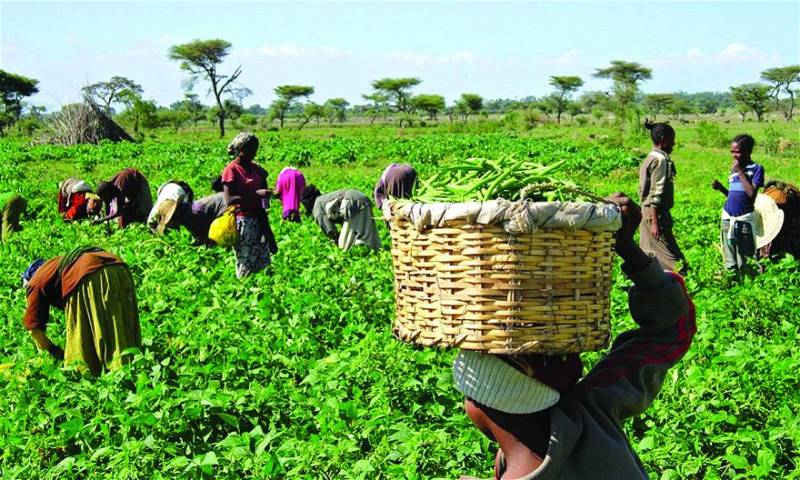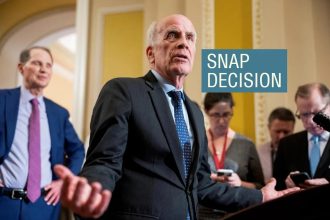About 250,000 farmers across eight states have been insured under a risk-mitigation initiative coordinated by the Presidential Food Systems Coordination Unit between April and October 2025.
The insurance, which covers the 2025 wet-season farming cycle, was extended to farmers in Borno, Ekiti, Enugu, Kaduna, Jigawa, Niger, Plateau, and Taraba states, according to documents obtained exclusively by our correspondent.
It protects smallholders from climate shocks and market volatility that have worsened the country’s food-security crisis in recent years, the unit said.
Established in 2024 under the National Economic Council, the PFSCU was created to “convene, coordinate, and fast-track delivery across the three tiers of government,” ensuring that governors, ministries, and local actors work in sync to rebuild Nigeria’s fragile food systems.
The Unit is led by the Technical Assistant to the President on Agriculture (Office of the Vice President), Marion Moon, and is tasked with implementing the National Agribusiness Policy Mechanism while overseeing federal-state food programmes.
In April 2025, Vice President Kashim Shettima announced the Federal Government’s plan to launch the NAPM during a PFSCU steering committee meeting at the Presidential Villa, Abuja. He described it as a “data-driven, state-led model” that would synchronise Nigeria’s agricultural efforts through real-time analytics.
At the meeting, Moon explained that the pilot survey for NAPM had been completed across 13 states, with a full rollout scheduled for June 2025.
According to the documents obtained exclusively from Moon’s office, the verification exercises and extension workshops began in April for the insured farmers in the eight pilot states.
This also include five pilot states without NAPM inputs: Cross River, Edo, Ebonyi, Kebbi and Oyo states.
The scheme provides crop-failure coverage and input access, bridging a critical gap for rural producers struggling with flooding, drought, and price shocks. The coverage runs through the 2025 wet season and will extend to the 2026 dry season, before scaling nationally.
The National Bureau of Statistics and the Food and Agriculture Organisation have warned that frequent farmer exits caused by climate-related losses threaten the country’s food-security goals.
PFSCU data show that although food inflation eased to 16.87 per cent in September 2025, over 30.8 million Nigerians still faced acute food insecurity during the mid-year lean season.
The Unit said the insurance complements other PFSCU programmes such as the Harvesting Hope Caravan, the 30-per-cent Value-Addition Bill, and the €995m Nigeria-Brazil Green Imperative Project aimed at mechanising agriculture. It plans to expand the insurance scheme nationwide by 2026 and integrate its database into the NEC’s live food-balance dashboard.
At its 147th meeting in December 2024, the NEC had urged state governments to key into PFSCU programmes to tackle food insecurity.
However, Moon disclosed that only three of the 36 states have shown significant commitment so far.
“What we found with the states is that those who are on the steering committee have picked up the fastest,” she told Saturday PUNCH.
“I think that’s because they’ve engaged and understand what we’re doing daily. By virtue of their involvement, they’re now supporting with resources, which has been another limitation. They haven’t given specific figures yet, but they appreciate the need for this more and more,” the presidential aide added.
The proactive states, Ekiti, Cross River, and Jigawa, are represented on the PFSCU Steering Committee.
In her presentation to NEC last December, Moon outlined the Unit’s strategy to collaborate with sub-nationals to address food insecurity and unlock agricultural potential nationwide. NEC, in its resolution, urged states to adopt the initiative and align with the federal government’s food-security drive.









